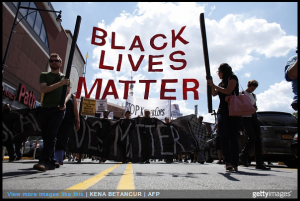Yesterday, National Review Online asked me to contribute a short piece in response to the Sandy Hook Elementary School massacre. In the face of such horror, what can we say? I was reminded of Job — the loss of his children, his questions to God, and God’s difficult response:
Confronted with tragedy, the human mind immediately and desperately seeks comfort and understanding. We want to know the how and the why. In a way, our legislative and cultural fights are a type of coping mechanism: If we can just tweak the law or change the video games, then we can not only avoid future horrors, we can imbue our actions with a sense of mission in the aftermath of death.
But we can’t deceive ourselves that legislation or any other policy reform can redeem a fallen world. Mankind, by its very nature, is fallen — broken and sinful — and broken men will cause immense suffering. That is not a comforting thought, but it is real; it is true.
Thousands of years ago, a man named Job faced the horrible, violent death of his children. He begged God for reasons for his calamity. He pled his case at great length and with great eloquence. Yet when God finally answered, the response was not what Job hoped. The God of the universe answered Job by essentially declaring that He was God, and Job was not. So Job literally placed his hand over his mouth and trusted in the God who he could not fully understand.
Our lives are full of the inexplicable — virtuous men die at evil hands, good men fail while bad men succeed, and justice is forever elusive — but like Job, we must trust our Creator, the God who gave us life and loved us enough to send a Savior. When all words fail, we trust, we pray, and we rely on a promise:
“Blessed are those who mourn; for they shall be comforted.”
May God fulfill that promise for the victims and families of Sandy Hook Elementary School.










